Urban Studies
In stock
India’s urban growth experience has been phenomenal. It is increasing defining the life of the country’s population, whether or not they live in cities. This volume explores the many dimensions of this experience, and presents an interdisciplinary approach to the study of the urban phenomenon. A comprehensive introduction enables the reader to understand and assess the complex pattern of the urban process in modern and contemporary India. It underscores the need to analyse the urban phenomenon and its actors in two-separate phases: colonial and post-independence. Colonialism appears as the critical benchmark to understand contemporary urbanization: it inaugurated a new political economy and linked India to global imperialist powers in a dependant relationship. In post-independence India, the demands of the market and the nature of state policy on industrialization propelled the growth of urbanisation. Sociologists, historians, geographers, economists, urban planners, cultural studies scholars, and litterateurs have contributed to the volume. They have dealt with various aspects of diversity in urban life from the vantage point of their individual academic perspectives and disciplinary questions. The topics covered include life in the city and its relationship with industrialization; urban inequality and class formation, and its ethnic and gender dimensions; urban infrastructure, governance and conflicts; ways of living and eating, forms of leisure and the influence of Bollywood; and issues concerning the informal sector, urban planning, slums, health and sanitation.

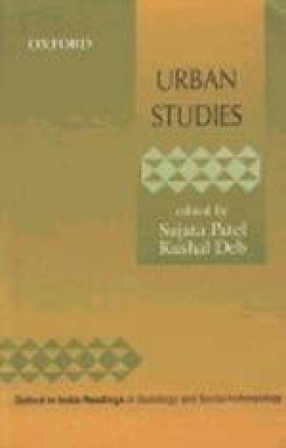

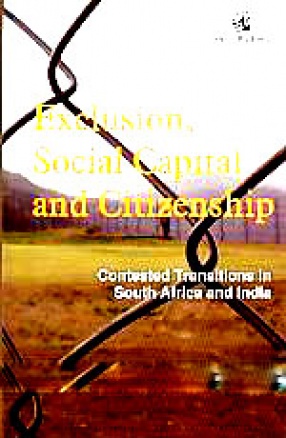
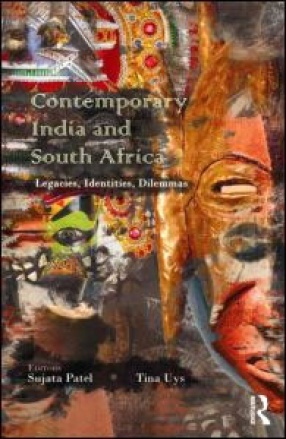
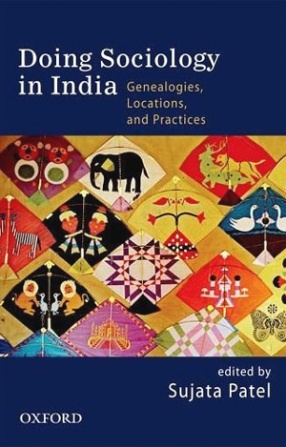
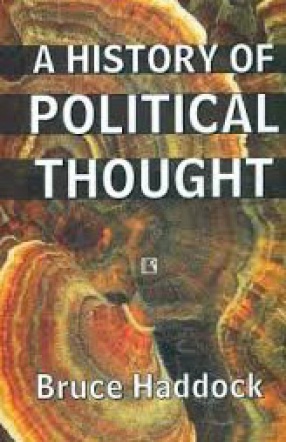


There are no reviews yet.